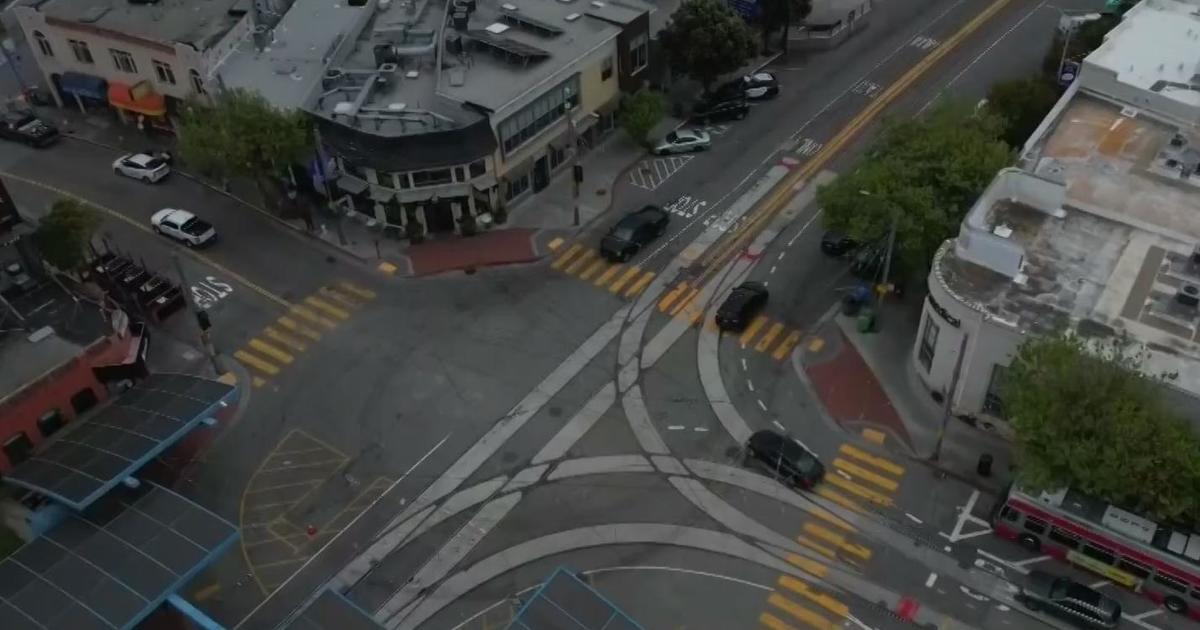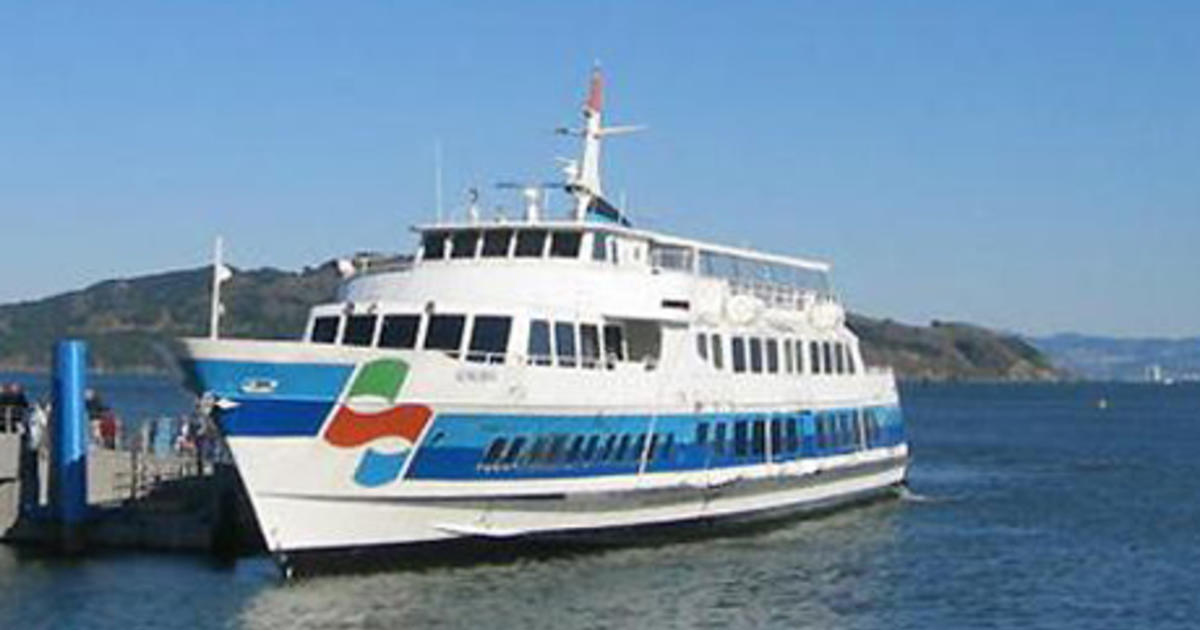NTSB: Air Canada Near Miss At SFO Could Have Been 'Major Disaster'
SAN FRANCISCO (KPIX) - The National Transportation Safety Board has issued a scathing new report that shows just how close a Canadian jet came to disaster at San Francisco International Airport.
It was about midnight on July 7, 2017, when Air Canada Flight 759 started to land in the wrong place.
The NTSB ordered an investigation, and has issued the frightening results.
"We couldn't have gotten literally or figuratively to having a major disaster," said NTSB Vice-Chairman Bruce Landsberg.
Video of the event shows the plane coming close to hitting other planes that were on the taxiway. There were four planes, including a fully-loaded United Airlines Boeing 787 waiting to take off. The report explained just how close the Air Canada pilot came to causing a major disaster.
"The distances between aircraft was about 13 feet," said John Lovell.
The investigation revealed that the pilots were fatigued and had been awake for 19 hours.
"For reserve pilots to be on duty for that long is just nuts. That's a technical term," said Landsberg.
Normally, there are two runways where planes land, and one taxiway where planes line up to take off. On the night in question, one runway was closed.
The pilots on Flight 759 thought the taxiway was the runway. They had been issued a 'Notice to Airmen,' or NOTAM, to alert them of a potential hazard, in this case, that the runway was closed.
Board chairman Robert Sumalt says the NOTAMS are too confusing to be useful.
"That's what NOTAMs are; they're just a bunch of garbage that nobody pays any attention to," said Sumalt.
There were instruments that would have helped, but the pilots had not dialed them to the SFO frequency.
"We've oftentimes found in accident investigations that a whole chain of events must go wrong and fortunately in this case incident, the chain was eventually broken," said Sumalt.
East Bay Congressman Mark DeSaulnier (D-CA) has been pushing for better safety at SFO.
"There was both human error and we could have had better technology," said DeSaulnier. "It's a balance between making sure you got the best technology and that the people are trained properly."
In a new bill for the FAA, he added several provisions to catch and prevent landing mistakes.
The bill would reauthorize programs of the Federal Aviation Administration to better alert air traffic control, give audible notices to pilots and prevent power outages.
"We came very close to having a very large tragedy at SFO, so we want to learn from those mistakes and make sure that doesn't ever happen again," said DeSaulnier.



